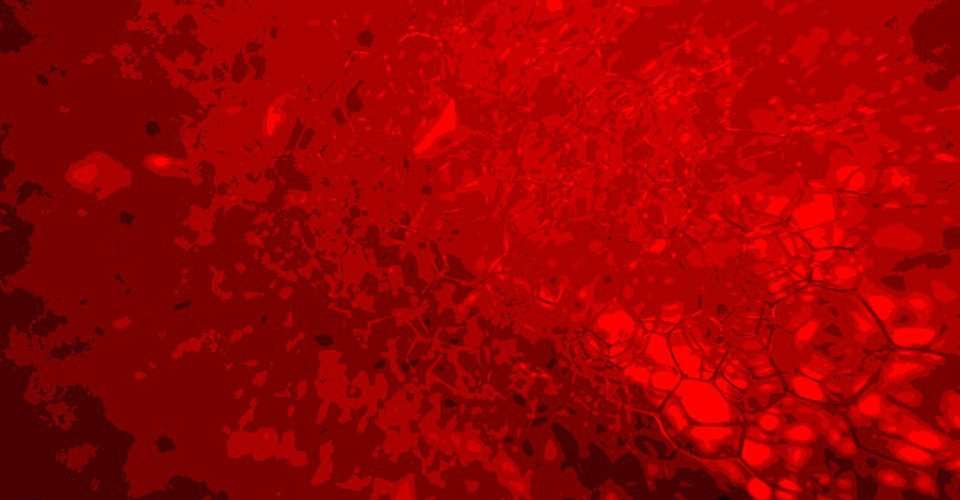Some 160 of the 342 blood group antigens are “high-prevalence,” which means that they are found on the red blood cells of most people. If you lack an antigen that 99 percent of people in the world are positive for, then your blood is considered rare. If you lack one that 99.99 percent of people are positive for, then you have very rare blood.
If a particular high-prevalence antigen is missing from your red blood cells, then you are “negative” for that blood group. If you receive blood from a “positive” donor, then your own antibodies may react with the incompatible donor blood cells, triggering a further response from the immune system. These transfusion reactions can be lethal.
Because so few people have it, by definition, rare blood is hardly ever needed. But when it is, finding a donor and getting the blood to a patient in crisis can become a desperate race against the clock. It will almost certainly involve a convoluted international network of people working invisibly behind the bustle of “ordinary” blood donation to track down a donor in one country and fly a bag of their blood to another.
Forty years ago, when 10-year-old Thomas went into the University Hospital of Geneva with a routine childhood infection, his blood test revealed something very curious: He appeared to be missing an entire blood-group system.
There are 35 blood-group systems, organized according to the genes that carry the information to produce the antigens within each system. The majority of the 342 blood-group antigens belong to one of these systems. The Rh system (formerly known as “Rhesus”) is the largest, containing 61 antigens.
The most important of these Rh antigens, the D antigen, is quite often missing in Caucasians, of whom around 15 percent are Rh D-negative (more commonly, though inaccurately, known as Rh-negative blood). But Thomas seemed to be lacking all the Rh antigens. If this suspicion proved correct, it would make his blood type Rh null —one of the rarest in the world, and a phenomenal discovery for the hospital haematologists.
Rh null blood was first described in 1961, in an Aboriginal Australian woman. Until then, doctors had assumed that an embryo missing all Rh blood-cell antigens would not survive, let alone grow into a normal, thriving adult. By 2010, nearly five decades later, some 43 people with Rh null blood had been reported worldwide.
Hardly able to believe what she was seeing, Dr Marie-José Stelling, then head of the hematology and immunohematology laboratory at the University Hospital of Geneva, sent Thomas’ blood for analysis in Amsterdam and then in Paris. The results confirmed her findings: Thomas had Rh null blood. And with that, he had instantly become infinitely precious to medicine and science.

thatBangleyGuy on December 24th, 2019 at 05:48 UTC »
So those people are like a rare wine for vampires.
devtrek on December 24th, 2019 at 05:09 UTC »
While you're thinking about this, look up the 'Bombay Phenotype.' It's another extremely rare blood group where the body doesn't produce the precursor proteins of that are either unaltered, or changed slightly in the O A & B blood groups respectively.
SpeedZ6 on December 24th, 2019 at 04:35 UTC »
Someone hunting people with this blood type for some mysterious reason sounds like a premise for one of those Lost replacements ABC kept trying in the late 2000s.